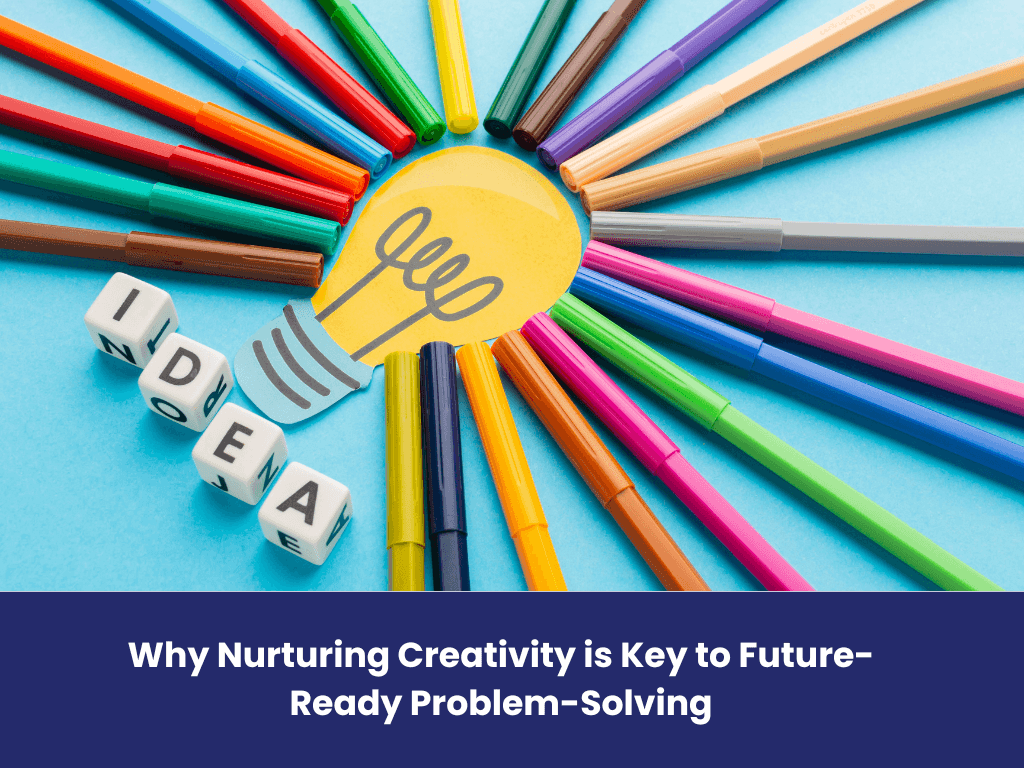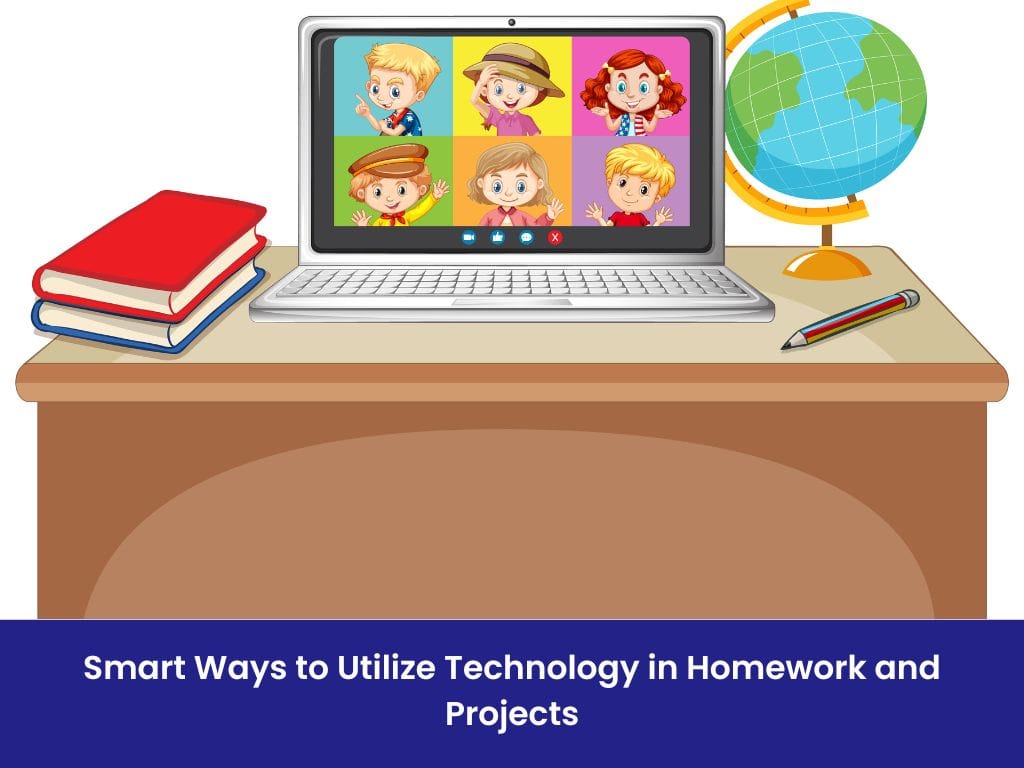How Indian Classrooms Are Becoming More Skill-Oriented in 2025
Introduction
Indian education has witnessed a dramatic shift in the past few years. Classrooms are no longer book-centric, where students just memorize and take final exams. In 2025, there is a definite move towards skill learning in schools, which makes students more flexible, capable, and future-ready.
This transformation is primarily instigated through the adoption of NEP 2020 classroom reforms, which focus on experiential learning, critical thinking, and problem-solving in real-life situations. Let’s discuss how Indian classrooms are transforming into centers of experiential learning and how this impacts students, parents, and teachers alike.
The Shift from Rote to Real Learning
For decades, Indian education was often criticized for its heavy reliance on rote learning—where students memorized facts to pass exams without fully understanding the concepts. But today, classrooms are evolving.
Teachers are integrating project-based learning, group activities, and real-life simulations into everyday lessons. This shift ensures that students not only grasp theoretical knowledge but also know how to apply it in real situations.
This is the heart of skill-based learning at school: making students learn how to think, rather than what to think.
NEP 2020: The Catalyst of Change
The National Education Policy (NEP) 2020 has been instrumental in making these reforms a reality. Its vision is unmistakable—education should equip students for life, not merely for exams. The policy proposed a holistic revamp of the curriculum, pedagogy, assessment system, and teacher training mechanisms.
Certain major NEP 2020 classroom changes are:
- Competency-Based Curriculum: Focus on teamwork, thinking creatively, and problem-solving over memorizing content.
- Vocational Training Integration: Introduction to skills such as coding, carpentry, and money skills from Grade 6 onwards.
- Subject Flexibility: NEP supports combination of subjects based on interdisciplinary studies.
- Holistic Report Cards: Encompasses self-assessment, peer feedback, and teacher assessment.
- 21st-Century Skills Focus: Communication, digital literacy, and emotional intelligence.
What is Skill-Based Learning?
Skill-based learning is a method where attention is diverted from book lessons to the acquisition of employable, life, and practical skills. This method guarantees that learning becomes:
- Experiential (learning by practice)
- Student-focused (tailored to student’s pace and preference)
- Future-oriented (harmonized with 21st-century requirements)
Some of the essential skills now incorporated into Indian classrooms are:
- Communication & Teamwork
- Problem-solving & Logical Thinking
- Coding & Use of Technology
- Creativity & Innovation
- Entrepreneurship
- Environmental and Social Awareness
How Indian Schools Are Adapting
In schools across India, skill-based learning approaches are being widely adopted. Here’s why:
1. Project-Based Assessments
Students no longer do research projects, presentations, and practical demonstrations alone, unlike before.
2. Labs & Learning Studios
Schools are establishing STEM labs, maker spaces, and coding studios for experiential learning.
3. Internships & Industry Exposure
A few senior secondary schools are introducing internship programs with businesses or NGOs.
4. Teacher Upskilling
Teachers are being equipped with experiential learning techniques and digitalization.
Examples of Skill-Based Learning in Practice
There are a number of schools in India across the board who are pioneering the implementation of skill-based learning. For instance, most CBSE schools in urban cities such as Bengaluru, Pune, and Delhi now have coding as a class from Grade 6 onwards. The classes are combined with problem-solving activities and group challenges where students create basic games or apps.
In rural regions, efforts by state boards and educational NGOs have resulted in vocational integration in schools. Students learn farming, sewing, or solar engineering workshops, helping them acquire life skills as well as entrepreneurship attitudes. Gujarat and Maharashtra schools have collaborated with local artisans to impart traditional crafts, blending cultural learning with experiential training.
St Wilfred’s School Jaipur, one of Best School in Jaipur is among the schools embracing this transformation, blending traditional education with modern learning tools and a skill-first mindset.
How Parents Can Support Skill-Based Learning
Though the schools are in transition, parental support is essential to solidify skill development at home. These are a couple of ways parents can help:
- Foster curiosity: Encourage kids to question and research answers together through books, videos, or home projects.
- Encourage time management and self-sufficiency: Allow children to organize simple things like making their schedule or cleaning their study area.
- Support extracurricular interests: Put children in hobby classes such as music, coding, or public speaking, commensurate with their interest.
- Value effort over results: Focus on the process of learning, not merely test scores.
By creating a learning-conducive environment at home, parents are able to multiply the effect of skill-based learning that starts in classrooms.
Impact of Skill-Oriented Classrooms
The effect of this shift is tremendous:
- Increased student engagement and participation
- Improved real-world readiness with useful skills
- Better learning results because of clear concepts
- Freer, more expressive learners
Implementation Challenges
Challenges persist, though:
- Infrastructure deficits in some areas
- Extensive teacher training needed
- Blending conventional exams with competency-based approaches
- Shortage of standardized tests for skills
The Future
In the future, we can look forward to greater innovation in Indian education, including:
- Adaptive learning platforms with AI power
- Increased emphasis on global citizenship and life skills
- Using data and analytics to create personalized learning journeys
- Adaptable, modular curriculum options for students
Conclusion
Indian classroom change in 2025 is not only curriculum renewal—it’s a shift in attitude. With constant rollout of NEP 2020 classroom reforms and increasing focus on skill-focused learning in schools, students are being prepared to meet both academic and practical challenges.
From learning how to code, to collaborating in groups, solving real-world problems, or gaining empathy, today’s education system is changing for the better. The classrooms of 2025 are not mere spaces for receiving information but energetic settings that foster creativity, flexibility, and life-long learning.
St Wilfred’s School Jaipur, one of Best CBSE Schools in Jaipur, continues to set an example by implementing these progressive changes, creating students who are confident, skilled, and future-ready.


